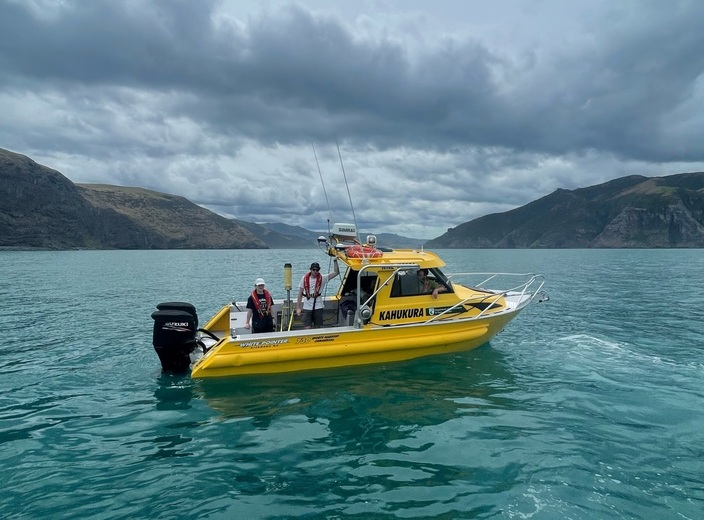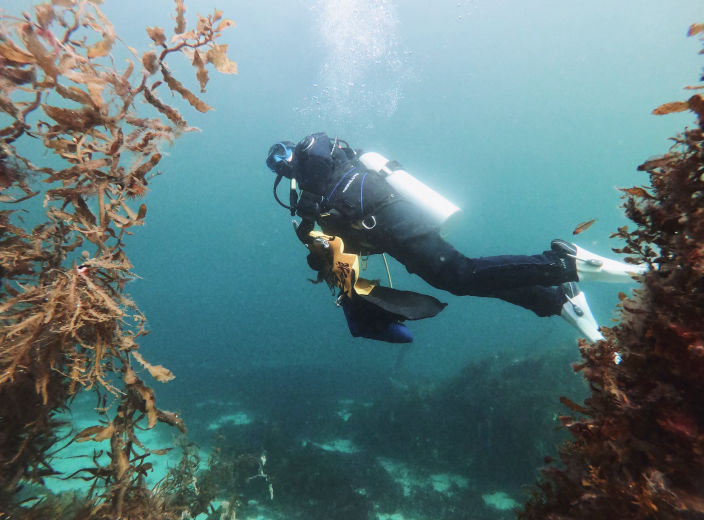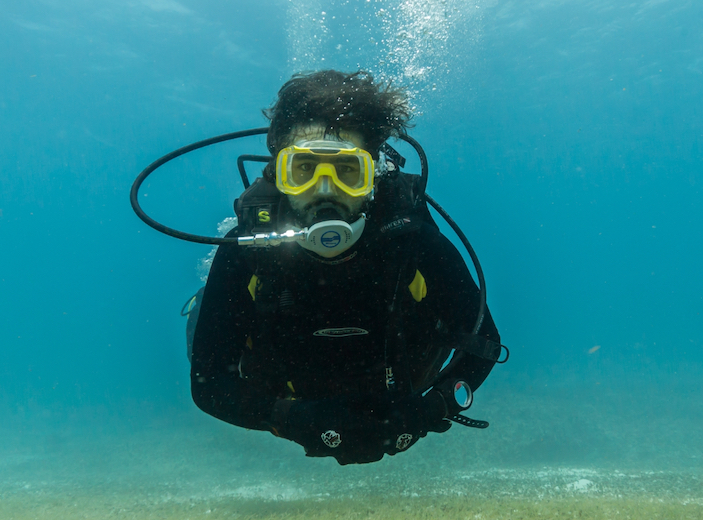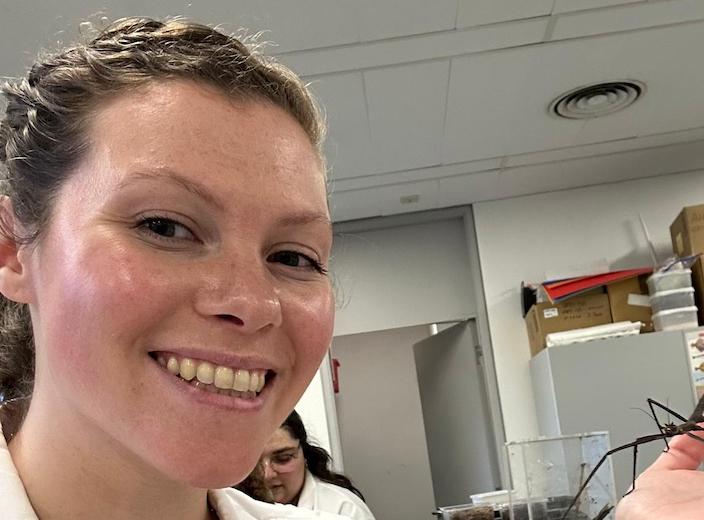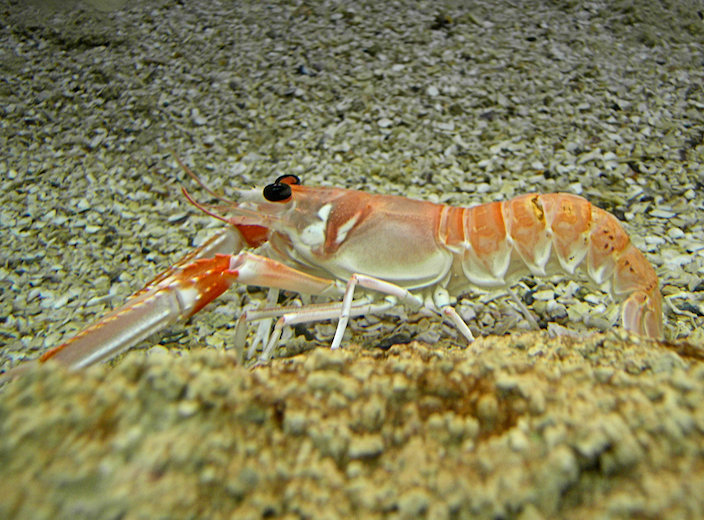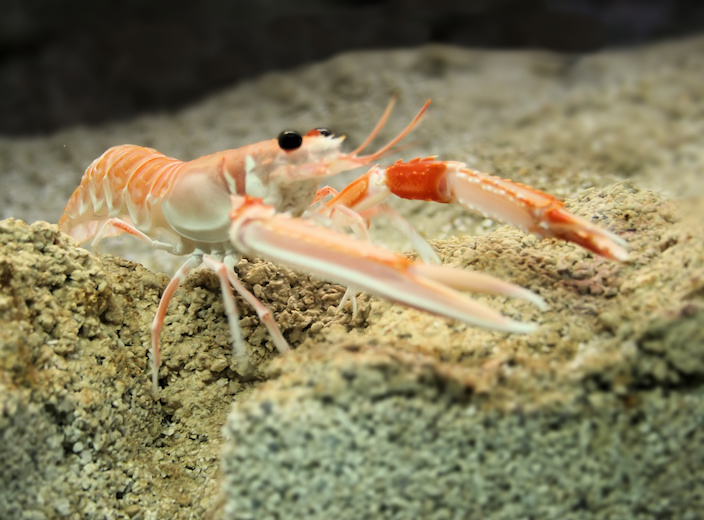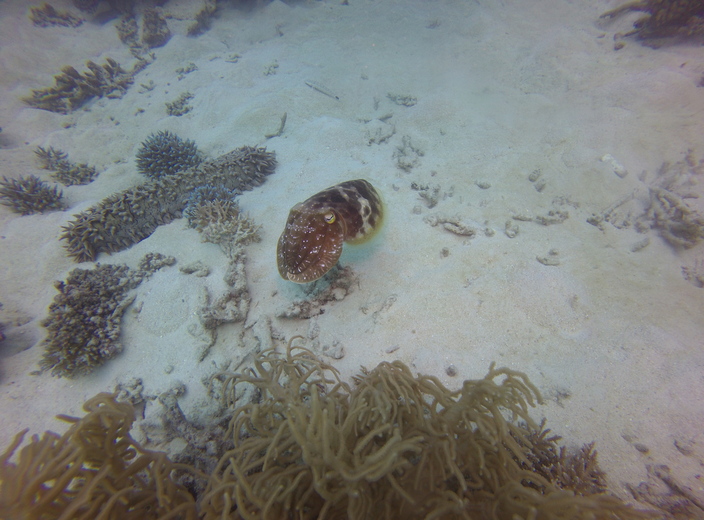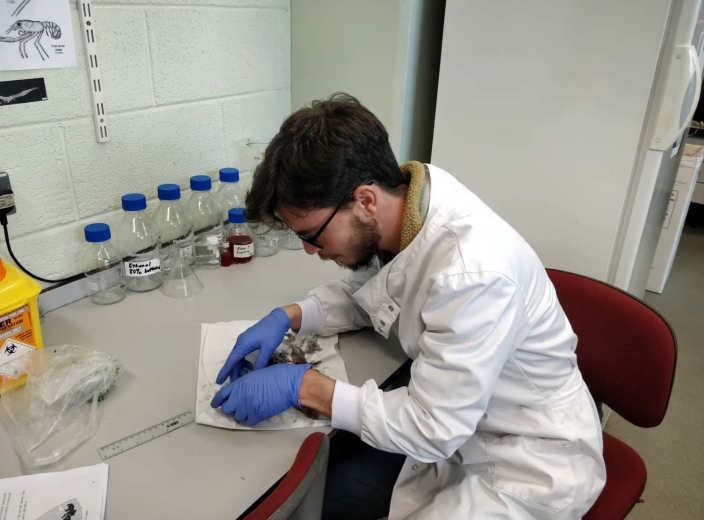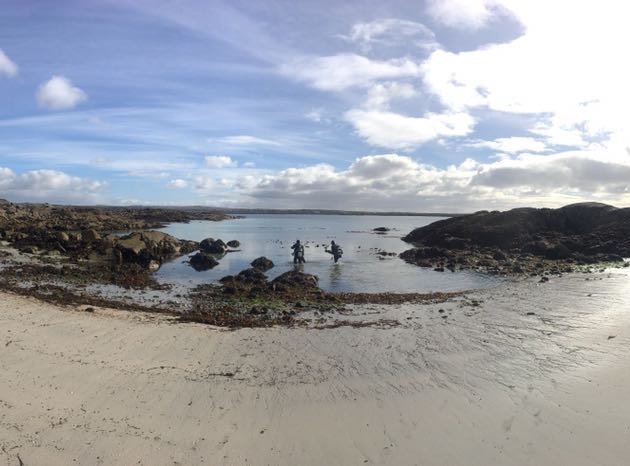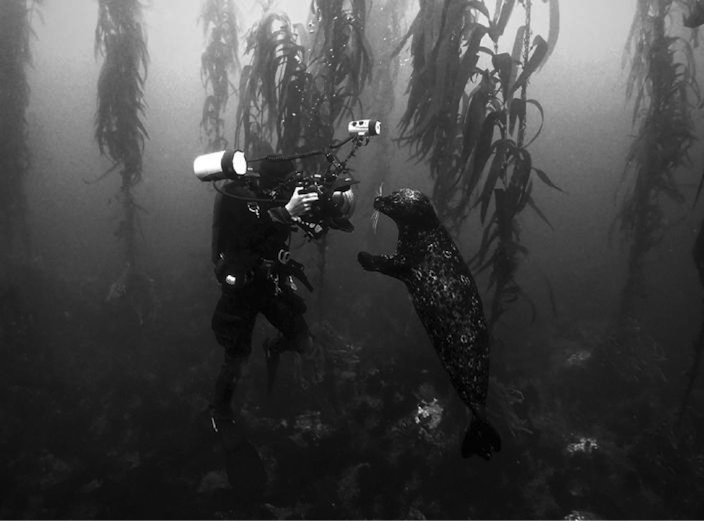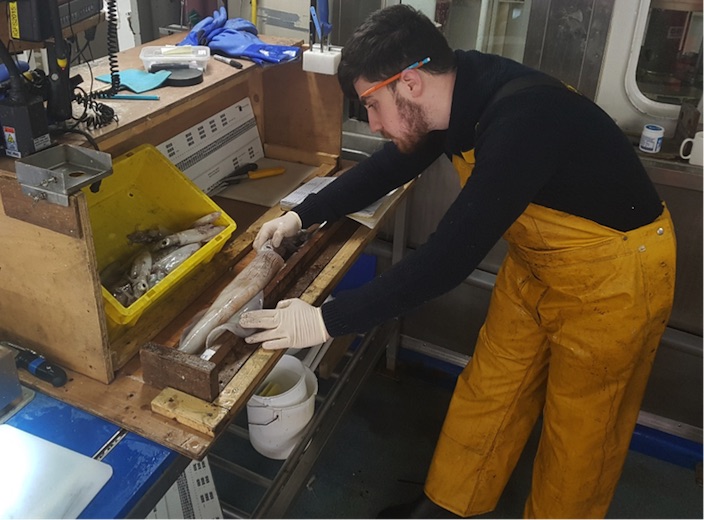-
Courses

Courses
Choosing a course is one of the most important decisions you'll ever make! View our courses and see what our students and lecturers have to say about the courses you are interested in at the links below.
-
University Life

University Life
Each year more than 4,000 choose University of Galway as their University of choice. Find out what life at University of Galway is all about here.
-
About University of Galway

About University of Galway
Since 1845, University of Galway has been sharing the highest quality teaching and research with Ireland and the world. Find out what makes our University so special – from our distinguished history to the latest news and campus developments.
-
Colleges & Schools

Colleges & Schools
University of Galway has earned international recognition as a research-led university with a commitment to top quality teaching across a range of key areas of expertise.
-
Research & Innovation

Research & Innovation
University of Galway’s vibrant research community take on some of the most pressing challenges of our times.
-
Business & Industry

Guiding Breakthrough Research at University of Galway
We explore and facilitate commercial opportunities for the research community at University of Galway, as well as facilitating industry partnership.
-
Alumni & Friends

Alumni & Friends
There are 128,000 University of Galway alumni worldwide. Stay connected to your alumni community! Join our social networks and update your details online.
-
Community Engagement

Community Engagement
At University of Galway, we believe that the best learning takes place when you apply what you learn in a real world context. That's why many of our courses include work placements or community projects.
Marine Biology & Sustainable Fisheries
Dr Anne Marie Power
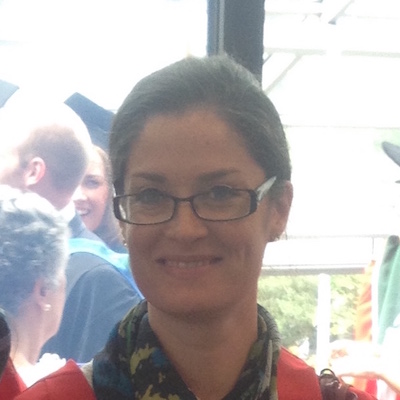
A Senior Lecturer in Zoology at the Martin Ryan Institute, University of Galway, whose primary interests are larval settlement and recruitment (lobster), sustainable fisheries (lobster and squid) and the effect of global change on the distribution of marine species. Anne Marie obtained her PhD (Zoology) from UCC in 2000 and was the primary postdoc on MarClim coastal monitoring efforts in the early 2000s before obtaining her position at University of Galway. She is currently leading a national kelp mapping project in Ireland, including the biodiversity of Irish kelp forests see SeaForest Project
Collaborations
As well as the field-based marine sciences, I am exploring the adhesion mechanism of barnacle adhesive proteins in collaboration with Prof. Gerard Wall, Microbiology
I am also working on stable isotopes of stalked barnacle shells and their use as markers of turtle migrations with Prof. Gregory Herbert at University of South Florida
Working Groups
I am a member of the International Council for Exploration of the Sea (ICES) working group on cephalopod ecology and a stock co-ordinator at ICES for loliginid squids
You can also:
Check out my publications in:
Google Scholar
ORCiD
Email me: annemarie.power@universityofgalway.ie
Follow me on Twitter: @BarnacleHunt and Facebook: TheAmazingGooseBarnacle
Group members
Current group members are....
Former group members
Gone but not forgotten!
Sea Forest
 The SeaForest project is a 4-year initiative that sets out to enhance the scientific understanding of Ireland’s natural kelp forest habitats. Read more...
The SeaForest project is a 4-year initiative that sets out to enhance the scientific understanding of Ireland’s natural kelp forest habitats. Read more...
Cephs and Chefs
 Given the ban on discards from fisheries, can we get Ireland to value cephalopods as a delicacy by learning from our European counterparts? Read more...
Given the ban on discards from fisheries, can we get Ireland to value cephalopods as a delicacy by learning from our European counterparts? Read more...
KelpRes
 KelpRes: The diversity and resilience of kelp ecosystems in Ireland Read more...
KelpRes: The diversity and resilience of kelp ecosystems in Ireland Read more...
ASSEMBLE Plus
 ASSEMBLE Plus provides scientists with Transnational Access to marine biological stations and a wide variety of state-of-the-art experimental and analytical facilities, and advanced training opportunities. Read more...
ASSEMBLE Plus provides scientists with Transnational Access to marine biological stations and a wide variety of state-of-the-art experimental and analytical facilities, and advanced training opportunities. Read more...








